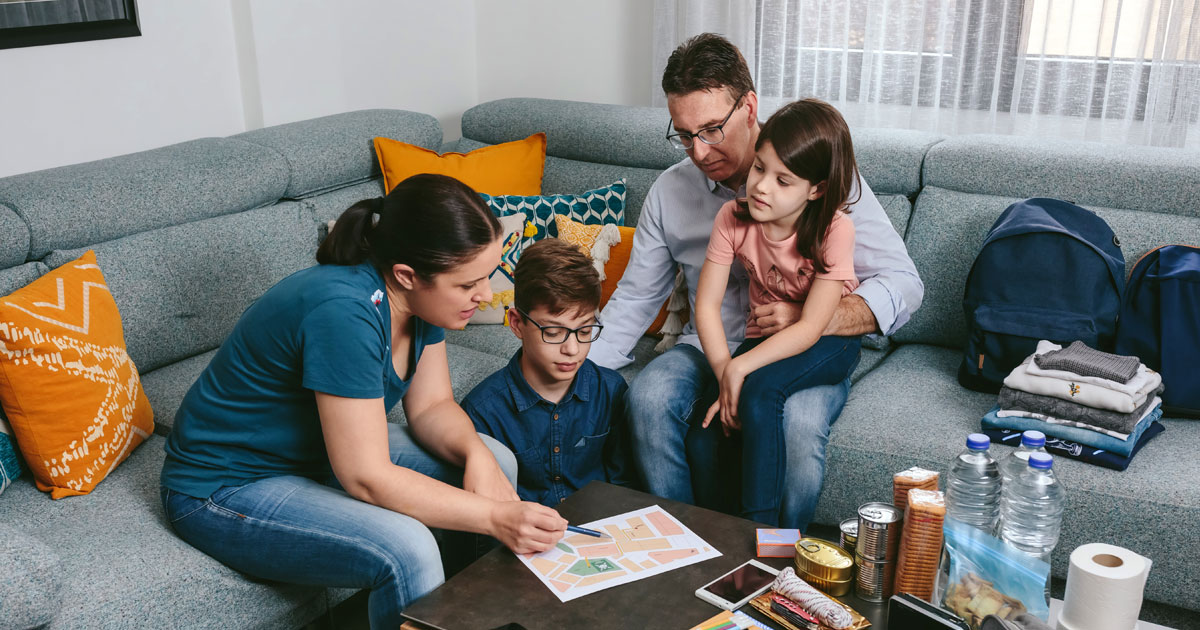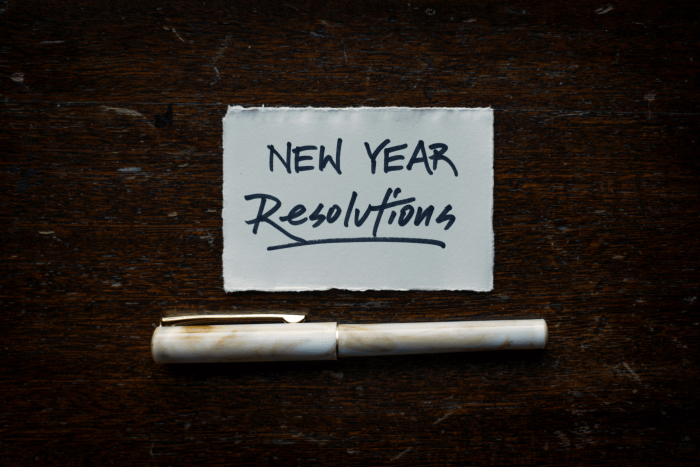Financial Planning for a Natural Disaster
Learn ways you can financially prepare before a natural disaster strikes

Natural disasters can strike anytime, anywhere and without warning, which is why it's important to be financially ready. Being prepared for any emergency can help reduce fear, anxiety and losses and give you a better chance of lessening the financial ramifications. Here are some points to consider when preparing your finances for a natural disaster.
Review insurance coverage. Verify that you have the right insurance coverage in place for your home, vehicle and other possessions. Review your policies regularly and know what is and isn’t covered. Keep in mind many homeowners’ policies don’t cover damage caused by weather that might be prevalent in your area, like flooding, so you may need to purchase a separate policy for additional coverage.
Keep important documents safe. Keep important documents like your homeowners’ insurance policy, mortgage agreement, wills, deeds, estate plans, health care proxies, bank statements, mortgage statements, birth certificates and passports in a safe, easily accessible place. Consider keeping digital copies of these as well.
Keep digital records. Physical copies of important documents aren’t guaranteed to stay unharmed during a natural disaster. Keeping digital copies of these things will save you additional stress if those items get damaged or go missing. Additionally, uploading photos and videos of your home and property to your online cloud storage will help with your insurance claims if you need anything replaced.
Create an emergency fund. Unexpected issues like damage to your home or property is what an emergency fund is for. Experts recommend having at least three to six months’ worth of living expenses saved in your emergency fund. This will help you cover your expenses while you plan your next steps, especially if you lose income during this time.
Set up autopay. The fewer financial concerns you have during an emergency, the better. Set up automatic payments for your mortgage, car loans, cellphone, credit card, insurance and other important recurring bills to avoid the financial consequences of missed payments. You can set up autopay with Credit Human through digital banking.
Know your options. There are financial assistance programs available to you through The Federal Emergency Management Agency (FEMA) to aid you in your recovery. Your state may also have additional programs in place you should be familiar with. Learn more about FEMA’s recovery support.
Stay informed. Stay up to date on the latest weather conditions and follow the advice of local authorities. Keep a battery powered radio with extra batteries in an easily accessible place to stay informed if your power goes out.
Being financially prepared for any type of emergency can help ease the burden of recovery. Our Member Relationship Specialists will work with you to make sure you have a plan in place for whatever life throws your way. Make an appointment at your neighborhood Financial Health Center.
Review insurance coverage. Verify that you have the right insurance coverage in place for your home, vehicle and other possessions. Review your policies regularly and know what is and isn’t covered. Keep in mind many homeowners’ policies don’t cover damage caused by weather that might be prevalent in your area, like flooding, so you may need to purchase a separate policy for additional coverage.
Keep important documents safe. Keep important documents like your homeowners’ insurance policy, mortgage agreement, wills, deeds, estate plans, health care proxies, bank statements, mortgage statements, birth certificates and passports in a safe, easily accessible place. Consider keeping digital copies of these as well.
Keep digital records. Physical copies of important documents aren’t guaranteed to stay unharmed during a natural disaster. Keeping digital copies of these things will save you additional stress if those items get damaged or go missing. Additionally, uploading photos and videos of your home and property to your online cloud storage will help with your insurance claims if you need anything replaced.
Create an emergency fund. Unexpected issues like damage to your home or property is what an emergency fund is for. Experts recommend having at least three to six months’ worth of living expenses saved in your emergency fund. This will help you cover your expenses while you plan your next steps, especially if you lose income during this time.
Set up autopay. The fewer financial concerns you have during an emergency, the better. Set up automatic payments for your mortgage, car loans, cellphone, credit card, insurance and other important recurring bills to avoid the financial consequences of missed payments. You can set up autopay with Credit Human through digital banking.
Know your options. There are financial assistance programs available to you through The Federal Emergency Management Agency (FEMA) to aid you in your recovery. Your state may also have additional programs in place you should be familiar with. Learn more about FEMA’s recovery support.
Stay informed. Stay up to date on the latest weather conditions and follow the advice of local authorities. Keep a battery powered radio with extra batteries in an easily accessible place to stay informed if your power goes out.
Being financially prepared for any type of emergency can help ease the burden of recovery. Our Member Relationship Specialists will work with you to make sure you have a plan in place for whatever life throws your way. Make an appointment at your neighborhood Financial Health Center.



